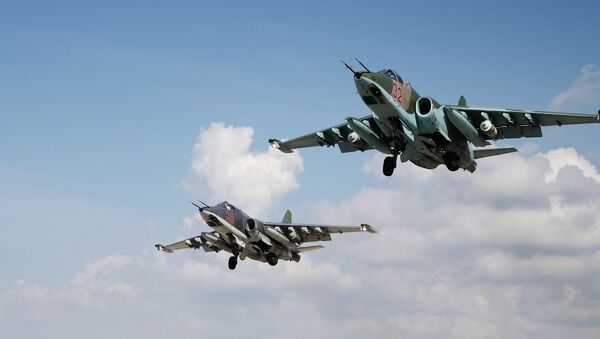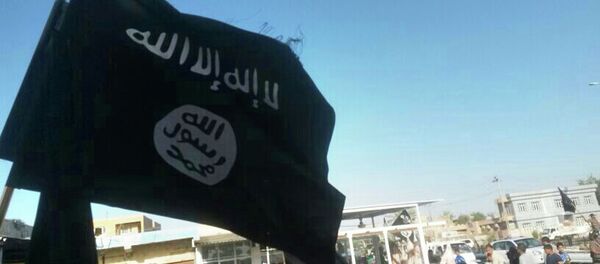Last Thursday, Russia’s Ministry of Defense announced the creation of a "hot line" between the Russian and Israeli militaries. That channel provides both parties with a direct link in order to avoid incidents between aircraft over Syria.
"The first stage of training was conducted yesterday [Oct. 14] on cooperation between Russian air forces and the Israeli air force to avoid dangerous incidents in the sky above the Syrian Arab Republic," a statement from the ministry read.
On Sunday, personnel from both militaries continued that coordination, practicing the procedures necessary for avoiding accidental collisions.
According to military and intelligence sources speaking to Debka File, Arab-speaking flight controllers will likely stand ready on Russia’s end of the hotline at Al-Hmeineem air base near Latakia. Russian-speaking officers will man Israel’s end, and according to Israeli media, Western air controllers will use that hotline to coordinate their own aircraft, rather than establish their own direct channels with Moscow.
Communication is vital in the increasingly crowded skies over Syria. Russia’s anti-terror campaign began on September 30, and has since carried out hundreds of sorties against the self-proclaimed Islamic State terrorist group.
The US-led coalition has continued its own bombing campaign, though without the authority of the legitimate government of Syrian President Bashar al-Assad. While no collisions have yet taken place, there have been close calls.
But despite air traffic concerns, Washington has refused Moscow’s offers to establish a similar hotline.
"We’re not interested in doing that, as long as Russia is not willing to make a constructive contribution to our counter-ISIL effort. Russia has its own agenda right now that they’re pursuing on their own," White House spokesman Josh Earnest told reporters.
"So it’s not particularly surprising to me that President Putin would resort, in some desperation, to try to…convince us to join them. But the fact is that is a request that’s fallen on deaf ears."
In reality, however, the US is coordinating actions of its aircraft with Russia, but is doing so through Israel instead of establishing its own direct "hot line" with Moscow, according to Israeli intelligence and military sources speaking to Debka File. Due to political reasons, however, the US can't admit it, insisting that the two nations continue to endanger their pilots by not informing each other about their military flights.
On Sunday, the US and Israel also began a massive military exercise known as Blue Flag. Including US, Israeli, Greek and Italian air units, those drills will last for two weeks, adding even more air traffic to already overcrowded airspace.




